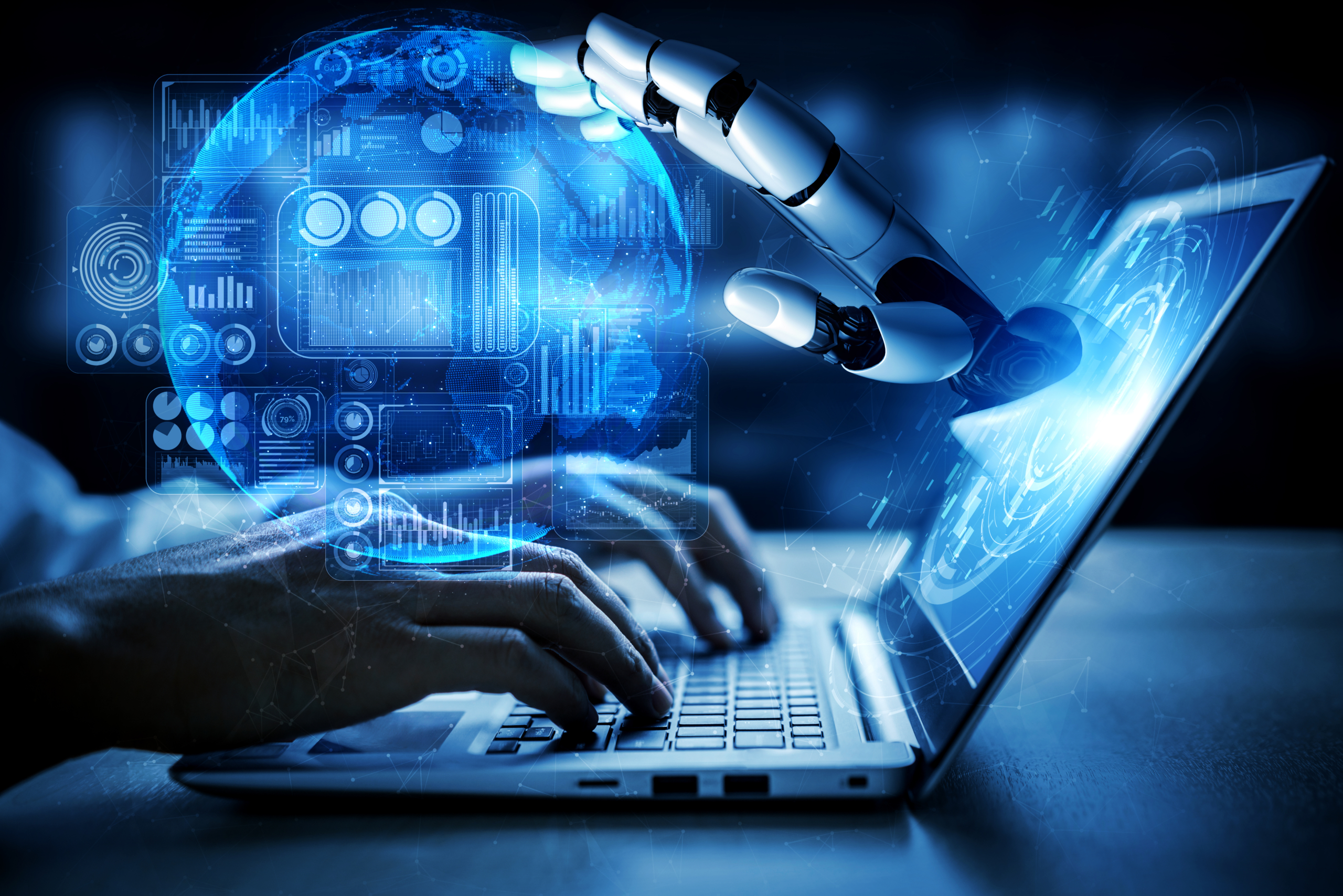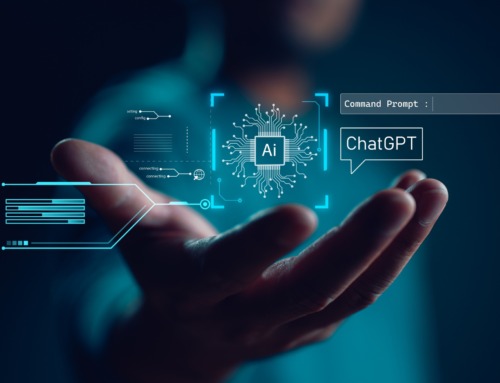Focus AI: Despite the tremendous hype, chatbots and AI systems are underestimated
Since the debut of ChatGPT last fall, not a day has gone by without new discussions and reports about artificial intelligence (AI). Funny anecdotes about their weaknesses make us underestimate the enormous potential of chatbots and their AI relatives.
Helmut Spudich
It is well known that forecasts are very difficult, especially when they relate to the future. Thomas Watson, the founder of IBM, is credited with valuing the computer market at five in the 1950s. Microsoft founder Bill Gates mouthed more. In his early years, he provoked the fact that Microsoft wanted to put an (actually 1 device was meant) PC “on every desk and in every apartment.” And when Steve Jobs pulled the first iPhone out of his pocket in 2007, he was unusually modest. He would be satisfied if the iPhone achieved BMW’s share of the world market, which was three percent at the time.
Today we know how these forecasts turned out: They were a vast underestimation of digital development. The number of pocket-sized computers that surpass the performance of the computing monsters of the 1950s can hardly be estimated. There are billions of PCs and smartphones, not only in affluent societies; people often have several of them for personal use.
For this reason, all predictions about the dawn of the age of artificial intelligence (AI) must be treated with caution. Not because they’re exaggerated but because we still have no idea what AI systems will be able to do. After Microsoft already uses ChatGPT with Bing and Office, Google recently presented how AI will be at the heart of its products. Responding to searches with complete sentences instead of links, suggestions for replying to an e-mail, and summarising long documents in an “executive summary” are apparent, simple applications for AI.
A few recent reports about new AI achievements again show us the enormous variety and dimension of the application of artificial intelligence. “Mind Reading” is one of those areas. In one application, researchers showed several test subjects a series of images and afterward asked them to recall them. The brain waves of remembering were evaluated by an AI: The AI system produced similar images as previously shown. No replicas, but they are in the same category as the originals: a teddy bear, an airplane, a tower, a steam locomotive.

Bildcredit: Edited from Takagi and Nishimoto / bioRxiv, 2022 under CC BY 4.0
In another study, researchers showed that their AI system recorded the exact words and complete sentences that test subjects listened to when consuming podcasts. It had already been possible before to decode language based on brain activity. However, this required invasive electrodes to be placed in the brain. The current attempts in image and speech recognition are based on the interpretation of so-called functional magnetic resonance imaging (fMRI). Although this is a complex piece of equipment, further development through miniaturization is conceivable – just as ultrasound is possible today with an add-on to a mobile phone.
Last, a message from the life of the supposedly mute fish and other sea creatures. Marine scientists have been researching the “soundscape” of the sea, the acoustic landscape underwater, for some time. The background of this research is the enormous noise disturbance caused by shipping, oil drilling, and other things disturbing this ecosystem. It also identifies different sea creatures based on their “voices.”
Learning to hear and distinguish these “voices” from fish, crabs, and other sea creatures is exceptionally time-consuming for humans and often takes many months or even years. Thanks to AI systems, this is now possible for many species within minutes. Some researchers believe that one day it will also be possible to understand how whales and dolphins communicate. Findings like this also indicate the significant improvements AI will make in developing hearing aids for humans.
In some ways, the numerous whoops used to demonstrate weaknesses in chatbots and other AI systems are disturbing and reassuring because they demonstrate human superiority. But they also lead to underestimating the hurricane brewing here, for better or worse. The primal fear of machines, which can do something better than humans, should not prevent us from using them. After all, since the steam engine, people have been inventing machines because they outperform our performance.
Share post:




